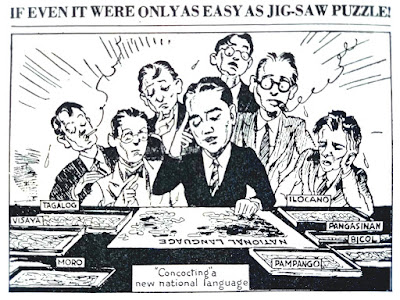In 1993, the stated Law was amended with the special learners not labeled according to disability, rather the emphasis is on special educational needs that society has to provide for these students. The burden is not on the children and his family but on the community to find ways to the special educational needs for:
- Special equipment - physical aids, hearing aids, visual aids etc.
- Special facilities and services - medical examinations, medicines, etc.
- Special educational resources - specialist teaching for various difficulties, etc.
- Other special resources - social work, occupational therapy, physiotherapy, etc.
- Special physical environment - facilities for pupils who are unable to walk, attention to thermal environment, etc.
- Special school organization and attendance - day attendance, weekly boarding, term boarding, etc.
- Special Transport - taxi or special bus service, etc.
One story I heard firsthand from a Filipina mom married to a Briton with 2 sons:
Their children studies in 2 international schools here in the Philippines. While in U.K. for a short break, when classes here were off, they were invited by the authorities. Reason? Someone reported that their kids were not in school when they were supposed to. They had to show proofs of enrollment in the Philippines and explain why they were on a break.
Imagine if all the Filipinos have the same concern to fellow Filipinos regarding schooling and child abuse, would there be more or less out of school youth?
Just asking.


forwarded this to my students in inclusive educ, thanks
ReplyDelete